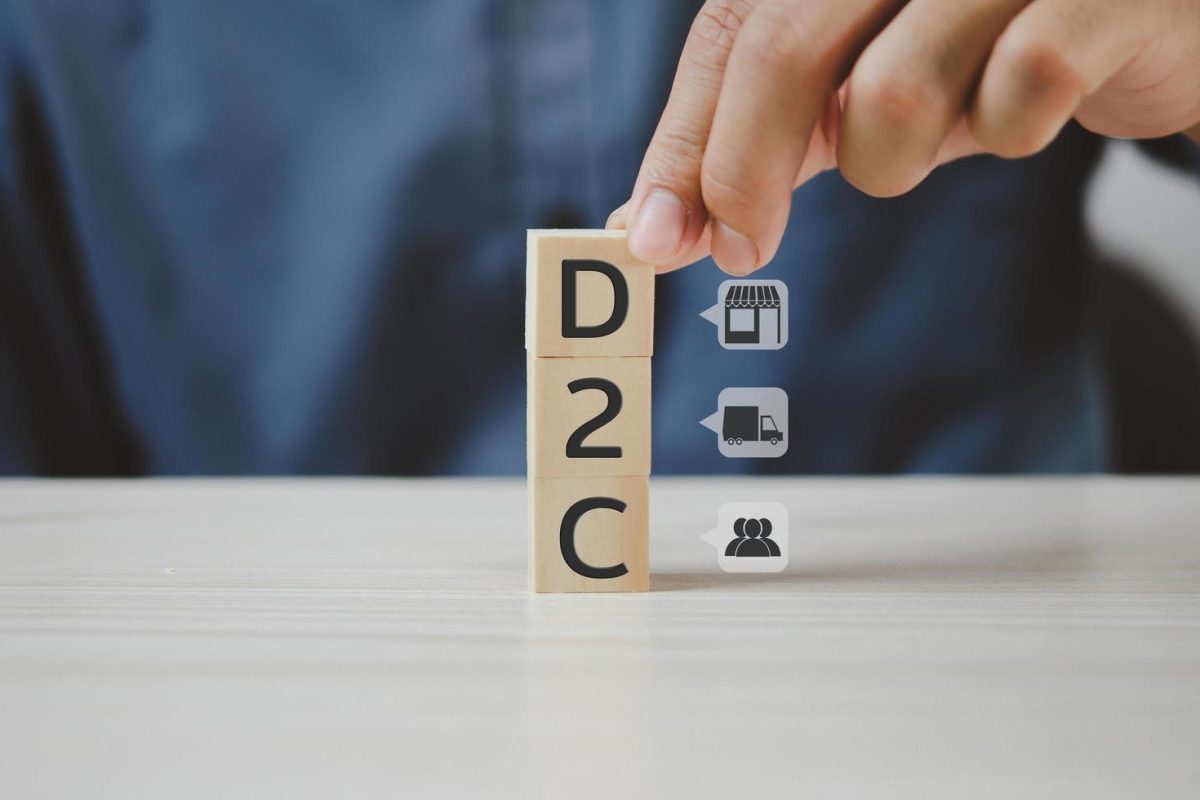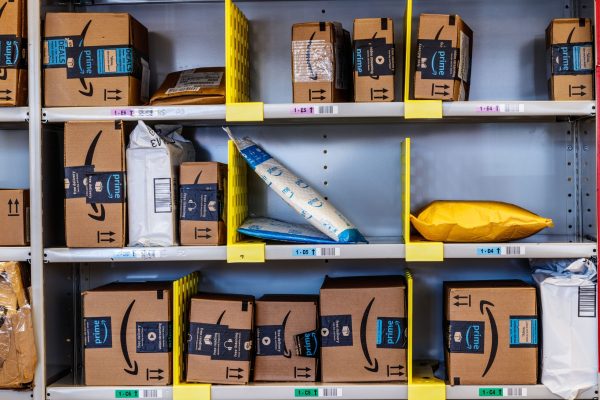In recent years, businesses have witnessed a remarkable transformation in their customer service approach. With the advent of technology, infrastructure advancements, and streamlined logistics, a new model known as the direct-to-consumer (D2C) has emerged as a game-changer.
So, what exactly does D2C mean?
D2C refers to a business model where companies sell their products or services directly to customers, bypassing intermediaries like retailers or wholesalers. This model has gained immense popularity and offers several advantages. In this article, we will delve into the concept of D2C and explore its benefits for your business.
Let’s begin by understanding the essence of D2C. As mentioned earlier, D2C involves companies selling their offerings directly to consumers, allowing them complete control over the entire customer experience. By eliminating intermediaries, D2C brands often offer products at more affordable prices compared to traditional retailers.
Now, let’s explore the advantages of adopting a D2C approach for businesses. Firstly, by reducing the links in the supply chain, D2C enables companies to establish a closer relationship with their customers. Selling directly to consumers allows companies to gather valuable data on customer preferences and behaviour, which can be utilized to enhance products and develop targeted marketing campaigns. This direct connection also facilitates improved customer service, as companies can promptly address customer inquiries and concerns.
Increased profitability is another key benefit of the D2C model. By eliminating intermediaries, companies can often sell products with higher profit margins, enabling them to reinvest in their business. Moreover, D2C empowers businesses with greater control over pricing, promotions, and sales strategies, leading to more effective marketing campaigns and increased sales.
Lastly, the D2C model offers enhanced business agility and flexibility. Traditional retail models can be slow and inflexible, burdened by lengthy supply chains and limited product offerings. Conversely, D2C brands can quickly respond to evolving market trends and customer demands. They can easily introduce new products and experiment with different marketing strategies, unrestricted by intermediaries or supply chain complexities.
To summarize, the rise of D2C has revolutionized how businesses engage with their customers. By selling directly to consumers, companies can build stronger relationships and tailor their services to enhance the customer experience.
However, transitioning to a D2C model requires careful consideration of various factors, such as product storage, picking, packing, and dispatching. This is where the expertise of a third-party logistics (3PL) and order fulfilment provider can significantly benefit your business. By partnering with Sprint Logistics, e-commerce businesses can leverage their expertise, advanced analytics, and collaborative approach to optimize inventory levels, reduce costs, and effectively meet customer demand as the e-commerce landscape continues to grow.




